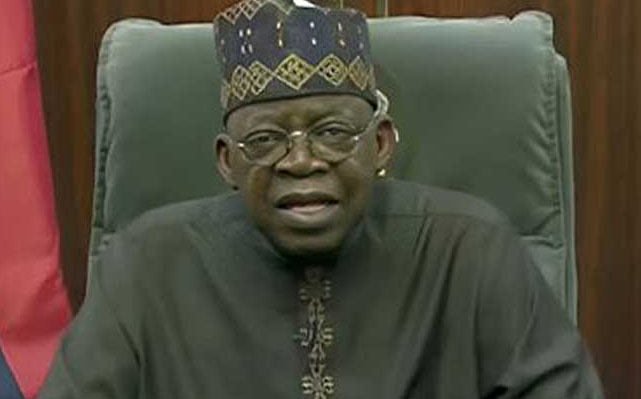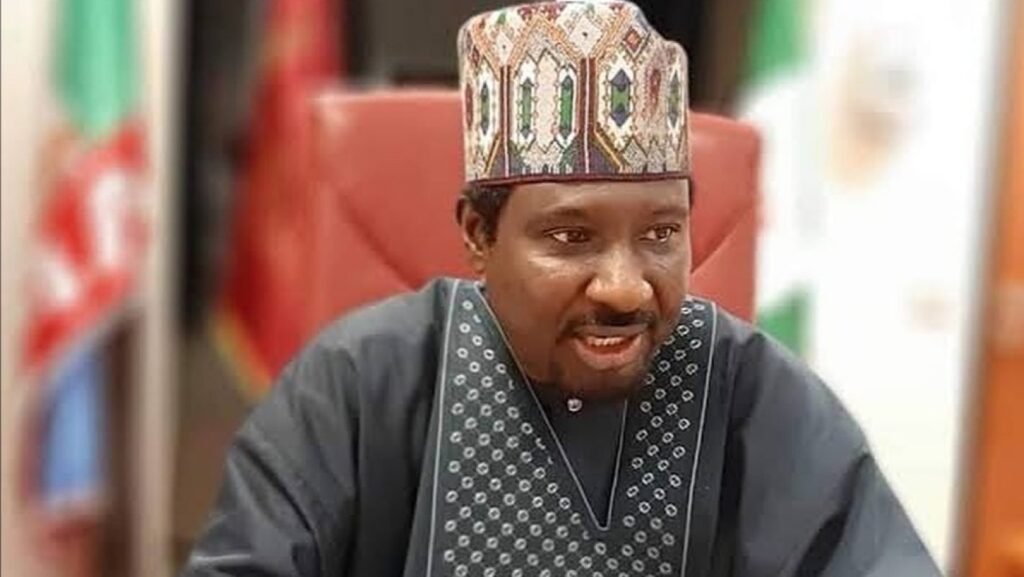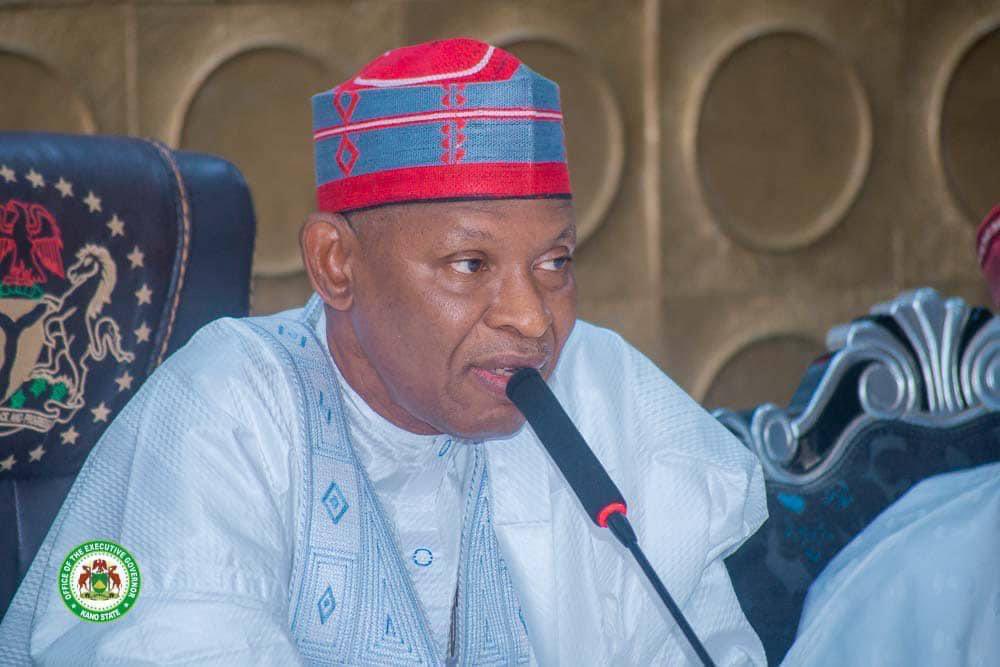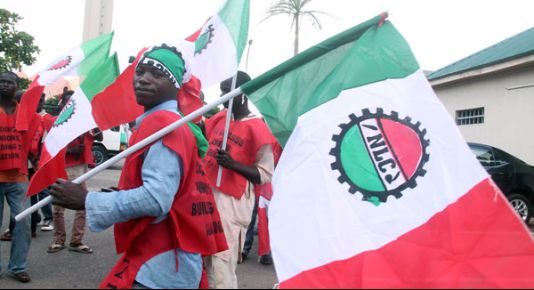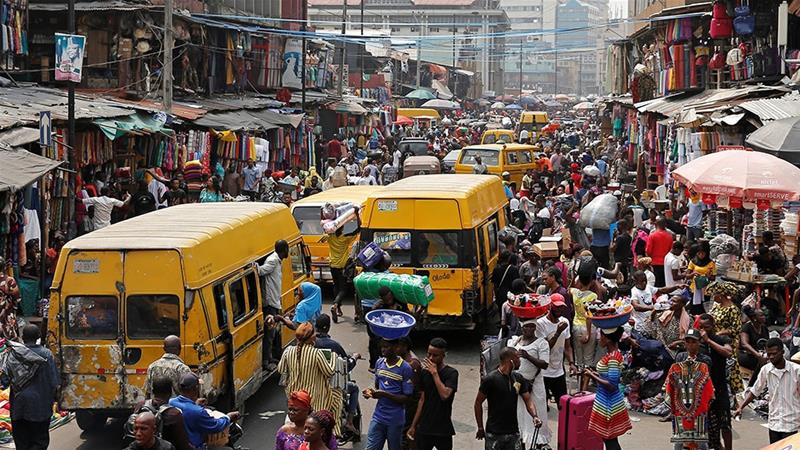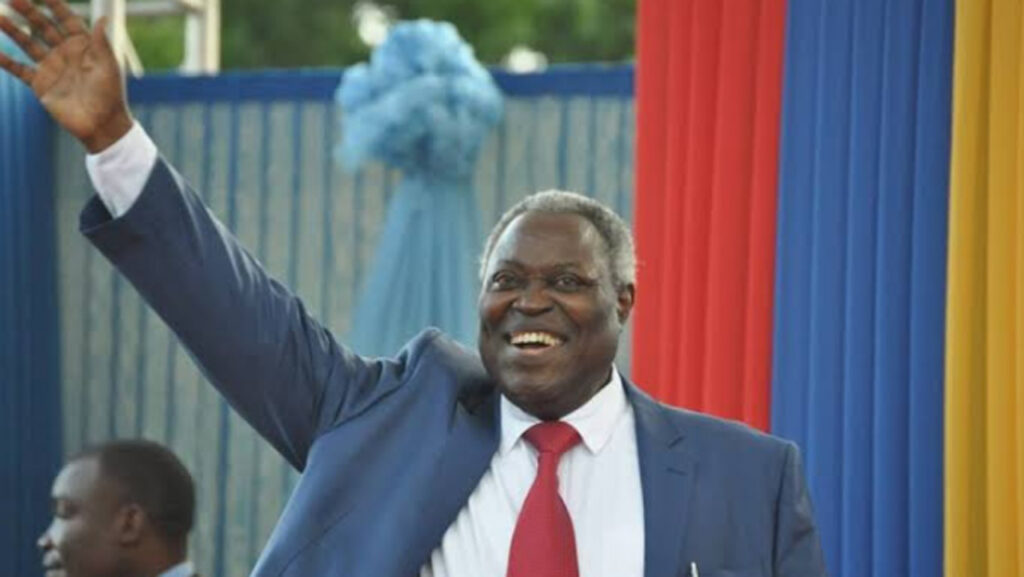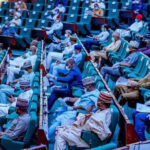
One bright Friday afternoon of June 2023, while surfing the Internet, I came across the news of a widow painfully crying and recounting how her husband was killed by the herders with a note of grief and fear in her voice. I quickly thought about my mother, and how it had been difficult for her after the death of my father in 2010. This woman is a victim of insecurity emanating from the lack of restructuring and repositioning of the country.
Indeed, there is a very close link between restructuring and repositioning. According to Adiukwu, restructuring is the reorganisation of the status quo, hopefully for a better outcome. This explains Asiwaju Bola Tinubu’s description of restructuring as “the fitting tool of a great repair.” Repositioning on the other hand was described by Cambridge Dictionary as the process of changing the way that people think about a (country).
The rising rate of the call for restructuring and repositioning of the country was reinforced by the 2005 and 2014 National Conferences which, therefore, raised the question – how best do we restructure and reposition Nigeria? This paper aims to address the issue of restructuring which has led to series of counter argument in the country and proffer a reconciliation between the two arguments while given a befitting recommendation to how best to restructure the country.
Foundation of restructuring
While some of the callers for restructuring aver their argument with a true definition of restructuring, some adopt neutrality in the area which led to the statement said by the Former President Muhammad Buhari, that those calling for restructuring didn’t not know what they are calling for. In setting the record straight, restructuring has been defined by lot of authors based on the way they see the subject matter.
For instance, Clark conceptualised what it means by saying restructuring “does not imply break up, secession, or quit notice to a section of the country”. To him, restructuring should mean the process of eliminating those structures that divide rather than unite the components of the country, which he describes as awkward.
This may promote the true sense of unity, the definition propounded by Adiukwu, as actual meaning of the subject matter in the context of true federalism when defined, as the reorganisation of the status quo, hopefully for a better outcome. This explains President Asiwaju Bola Ahmed Tinubu’s description of restructuring as “the fitting tool of a great repair.”
The process leading to restructuring didn’t just commence when former President Obasanjo came up with the 2005 national conference, instead, the restructuring had actually begun to happen gradually before his emergence as the President of the Federal Republic of Nigeria in several conceptual regalia.
The concept of restructuring took the form of re-organisation, re-formation, re-arrangement, re-distribution, re-designation, and so on. In actual sense, re-structuring began during the time of Tafawa Balewa and Dr. Nnamdi Azikwe as Governor General/ceremonial President (1960 – 1965), (through the creation of Mid-Western Region from the then Western Region, which is known as Political Restructuring), up to President Asiwaju Bola Ahmed Tinubu, through his distribution of power as it relates to electricity to the state government (political restructuring).
Types of restructuring
You will notice the term political restructuring that was deployed. It was deployed because there are several types of restructuring when it comes to attainment of a true federalism. This includes: political, major political, fiscal, economic, administrative, educational, geographical, socio-administrative, judicial, monetary, geo-economic, failed political, security apparatus, repositioning, and corporate restructuring.
Prof. Yemi Osinbajo believed that the restructuring most people clamour for is geographical restructuring which has to deal with the restructuring of the country into regions as seen during the time of Tafawa Balewa and Dr. Nnamdi Azikwe.
He, therefore, makes a case for resource control and good governance rather than the actual reorganisation of the status quo of the country. However, this was criticised by the Former Vice President, Waziri Atiku Abubakar who made a case for restructuring even though he didn’t state what type of restructuring he meant for the country.
Amongst those who followed the footpath of the former Vice President in calling for restructuring are President Asiwaju Bola Ahmed Tinubu, GCFR, Prof. Kingsley Moghalu, and a host of others.
Why the call for restructuring?
The call for restructuring steams from the marginalisation, unfairness, enforcement of the principle of derivation, and the lack of effective resource control being called by people from the Southern part of the country, majorly people from the southeast which birth the IPOB and MASSOB movement from the region. The numbers of States and Local Governments in each region is also part of the call for restructuring of the country for achieving true federalism.
For clarity’s sake, Nigeria has 774 local government areas (LGAs); the North has 19 states, and the 19 states have 419 LGAs. The South has 17 states, and the 17 states have 357 LGAs. This doesn’t in any way speaks of equality. The presence of this status quo apparently shows that a part is more powerful than the other which doesn’t in any way promote true deep fiscal federalism.
Briggs reveals further that the data from the office of the Accountant General as published by the Ministry of Finance in April, 2013 show that the 357 LGAs of the 17 Southern states receive 45.1 per cent of the 100 per cent they contribute while the 419 LGAs of the 19 Northern states receive 54.9 per cent, and what they contribute 0.00 per cent.
This must be the reason a distinguished Yoruba development scientist and thinker, the Emeritus Professor Akin Mabogunje, opines that “a restructured Nigeria will be a Nigeria in which the Central Government will no longer be able to automatically pool funds un-evenly from different parts of Nigeria, while re-distributing the same funds unfairly and inequitably (at the expense of the larger contributors) among the various states and local governments …”.
Speaking of at the expense of large contributors, it is a common knowledge that the Northern States share in the revenue generated from the brewery industry which some of them have prohibited its sale and consumption based on religious grounds. Is it now fair for States that have banned the consumption of product from the brewery industry to share in the revenue from the industry at the expense of large contributors?
How can we reconcile the differences?
The argument raised by Prof. Yemi Osinbajo and that of Waziri Atiku Abubakar both concluded at making the country a better place. It is great to effect resource control when the appropriate level of government that knows the actual priority of the people is being allowed to control the resources that steam from their states.
The benefit this will bring to Nigeria, as a country, will be enormous as the country will not only be a manufacturing country but other states will begin to see the need to effectively use their natural and human resources to position the country in a positive light in the global stage.
Countries like Switzerland has proved to the world that a country be political stable and economically progress without any mineral resources. Hence, States can perform well without any dependence on what it isn’t in their control.
Countries like Israel which makes money from the productive capacity of its human capital, India which remit about $73 billion every year from her human capital resources, Brazil which export $12 billion worth of cow meat (beef) to Europe and Russia every year, Kenya which makes billions of dollars in revenue from tourist who come from all over the world to view its animal resource and others doesn’t have oil, but they are doing great because they tap into what they have which Nigerian States can also learn from.
Let it be known that everyone has a gift from God, in the sense that the Northerners are endowed by God with leadership qualities, the Yoruba man knows how to earn a living and has diplomatic qualities while the Igbo is gifted in commerce, trade and technological innovation. If all these are properly harness, is there any way why the country won’t be a better country?
There is a common saying that he who feels the pain knows where the pain is coming from in his body. It is closer to impossible for an external person to tell the place a person is experiencing pain from, when the person isn’t a seer. But can we really say the Federal Government is a seer to know all the problems facing all the 37 States including the Federal Capital Territory?
If the answer is in the negative, then isn’t it right to give the other tiers of government to fix their problems where it’s pinching them to achieve a good government? The disturbing rising insecurity, unrest, hardship, and sorrow in the land birth the aforesaid questions.
There is a need for us to look into where we are coming from and where we are going. Staying static in the name of maintaining status quo without any benefit to the common man defeat the true essence of government which was birth through the social contract signed by the people by relinquishing their natural rights for the attainment of security and good standard of living needed of them.
The people have lost trust in the social contract, and to renew this trust, there is a need to reexamine the social contract agreed on.
How can we renew the social contract?
Firstly, the present devolution of power between the Federal and State Governments is not suitable for true federalism as the latter is better fit to know the material and intangible priorities of their populations being the government closer to the people.
Hence, the need to leave defence, foreign policy, monetary and fiscal policies, immigration, customs and excise, and aviation, as well as setting and enforcing national standards on such matters as education, health, and safety to the Federal Government while the State Governments focus and devolve power to the Local Government on the remaining items in Schedule II Part 1 and 2 of the 1999 Nigerian Constitution (political restructuring).
This is believed to reduce ethnic tensions, unemployment, poverty, environmental degradation, low infrastructural development, the cry of marginalisation, and intense federal office competition, akin to a winner-take-all duel in Nigeria.
Moving on, the Federal Government over time gets 52.68 per cent, State Governments get 26.72 per cent and the Local Governments get 20.60 per cent but this is yet to bring the needed socio-economic development. The reason for this has been identified to be the dependence on oil revenue and its over-concentration of economic resources at the federal level. As a result, there will be an implementation of a 40 per cent revenue allocation to the State Governments, 30 per cent to the Federal Government, 20 per cent to the Local governments, and 20 per cent into a central pot called the Excess Federation Account to which all levels of government can have access as the need arises.
Also, the 13 per cent derivation fund as provided in Section 162 (2) of the 1999 Nigerian Constitution will be applied to all mineral resources, whether liquid, solid, or gaseous, in proportion to the revenue derivable from each deposit to compensate for environmental degradation and promote the actual principle of fairness and derivation. This derivation percentage will also be gradually increased to at least 75 per cent over a three to five-year period to encourage States to develop their human capital resources and other untapped natural resources to control the dependence on oil revenue (fiscal/economic restructuring).
As the listener of the voice of the people, here in after the 2014 National Conference where 70 per cent of people voted for the creation of additional States, it is pertinent for the Federal Government to adhere to the wish of the people by creating six more States – one for the South-South region, one for the Northeast region, two for the Southeast region, and two (making Abuja a constitutionally recognised State with an elected Governor) for the North Central region to solve secessionist tendencies, improve national unity and peace for peaceful coexistence, political stability, and balanced national development (political restructuring).
Each of the 42 States should be given an export revenue target of $2billion and any State that defaults for two consecutive years should be subject to an immediate State of emergency, which will be administered by the Federal Government until its books are balanced because the principle of fiscal federalism requires that there must be sufficient resources to support all levels of government without which the federation cannot stand.
Further, due to the rise in insecurity and the inability of the highly centralised police to prove its worth across Nigeria, there should be a creation of State and local policing.
The State Governors will be in charge of the former and the Local Government chairpersons will be in charge of the latter while the Nigerian Police Force (Federal Government) focuses on checks and balances (to avoid abuse of power by the Governors and Chairpersons) and policing of the federal highways connecting the States (administrative restructuring). This will give States and communities absolute control of their securities and ensure effective grassroots security. In financing this, Nigerians need to be taxed an annual security levy per household to be collected by the States and LGAs once every year, and the amount will be regulated by Federal Government.
Furthermore, the roles of traditional rulers in Nigeria are not constitutionally recognised with clearly defined roles or responsibilities. Hence, there is a need for the Federal Government to return to the status quo of pre-1976, when most traditional rulers in the country had constitutionally assigned roles and responsibilities in ensuring peace, security, social progress and achieving a more people-oriented and autochthonous constitution which also need to be looked into as the Constitution can’t confidently be said to be the true words of the common man (fiscal restructuring).
If the United States can make 27 amendments to its constitution since 1787, India 101 to its 1950 constitution and Canada 10 amendments since 1982, why can’t the giant of Africa look into her constitution for the betterment of the common man?
Conclusion
The foregoing is a practical and feasible plan to restructure and reposition the country for the betterment of all. Although, they may not be conclusive which give the need for the government to research more ways to restructure and reposition the country but in this paper, the appropriate devolution of power between the Federal and State Governments, impartial revenue allocation, creation of additional States, creation of State and Local policing, and entrenchment of the constitutional roles of traditional rulers are all essential perquisites for achieving a better Nigeria for the betterment of all.

